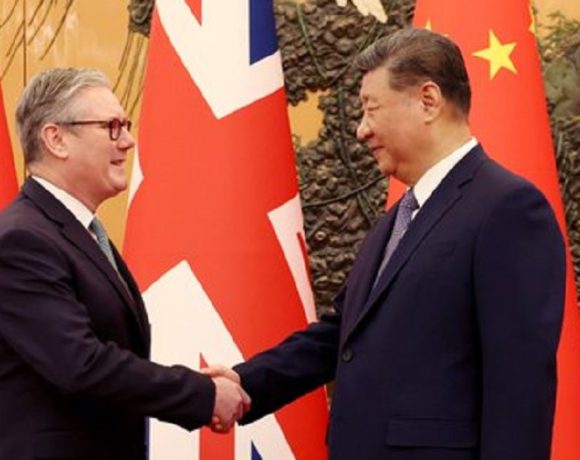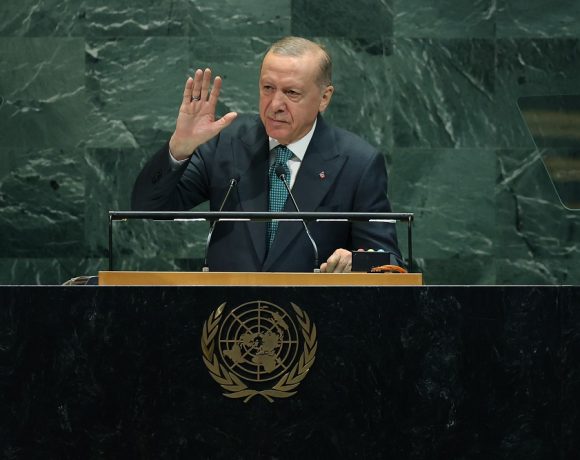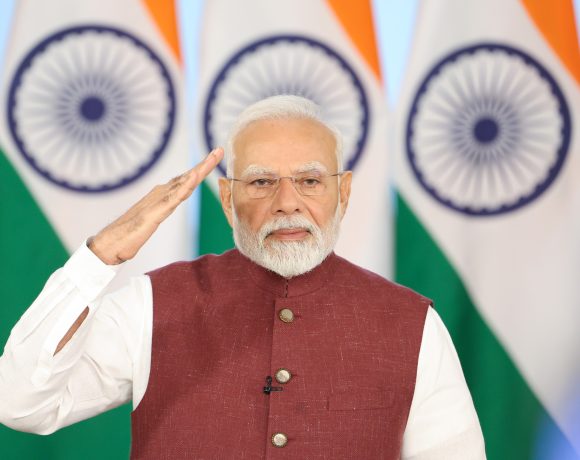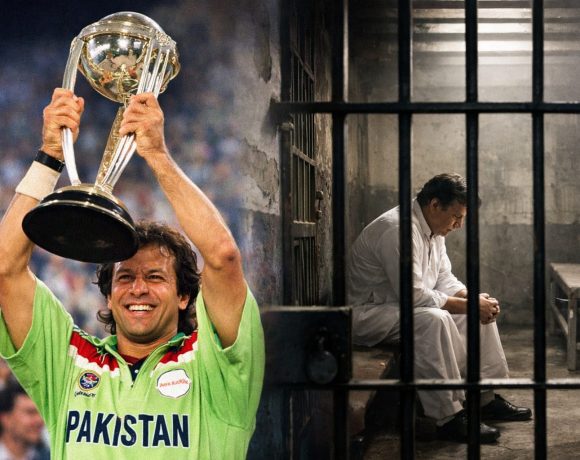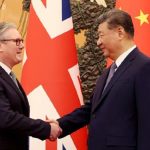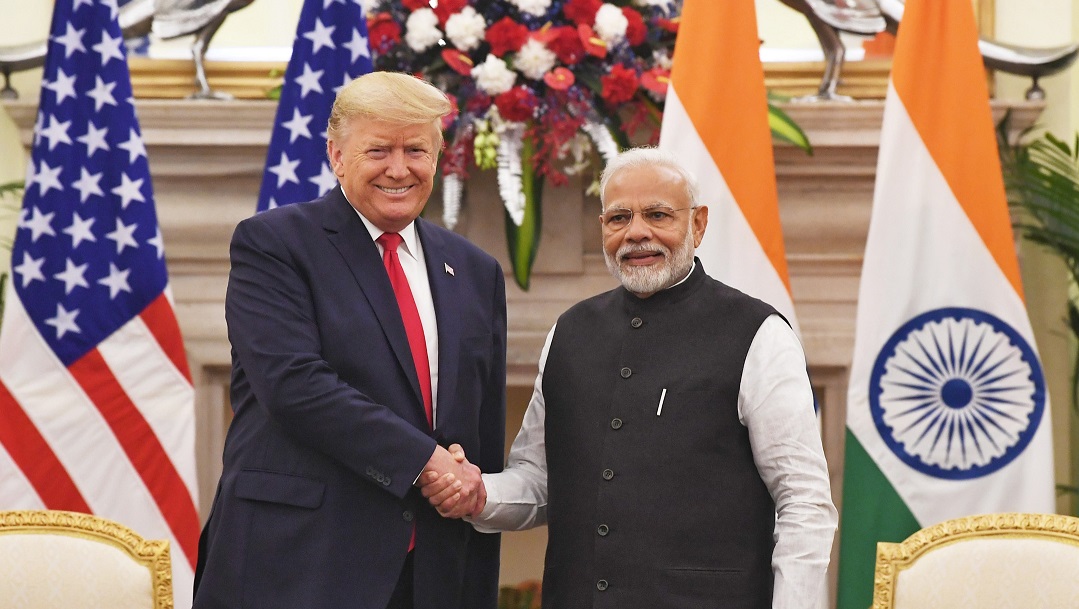
Trump Claims Credit for Averting India-Pakistan Nuclear Conflict
In a fresh round of public claims, former U.S. President Donald Trump has asserted that his intervention was crucial in averting what he described as a potential nuclear conflict between India and Pakistan during the tense standoff that followed the Pahalgam terror attack. The comments were made during a Fox News interview, where Trump said the situation was nearing catastrophic escalation.
Trump’s Assertion of Diplomatic Intervention
Trump stated that the two South Asian nuclear powers were on the brink of launching large-scale missile exchanges, and he stepped in just in time. “It was getting deeper and more, I mean, more missiles, everyone was ‘stronger, stronger’, so to a point where the next one’s going to be, you know what? The N word,” Trump said, clarifying he meant “nuclear.”
He claimed the resolution of the crisis was “a bigger success than I’ll ever be given credit for,” suggesting that U.S. diplomatic outreach under his leadership helped cool tempers on both sides. Trump has repeatedly presented himself as a backchannel negotiator during past India-Pakistan flare-ups, though previous statements have also been met with skepticism from the Indian side.
India’s Response to Trump’s Claims
India, however, has officially dismissed any suggestion that a nuclear conflict was imminent. The Ministry of External Affairs (MEA) reiterated that the military actions taken under Operation Sindoor remained well within the conventional threshold and were aimed solely at neutralizing terror infrastructure in Pakistan-occupied Kashmir.
Government sources further clarified that India’s operations were measured and precise, conducted to uphold national security and deter future attacks. They emphasized that there was no communication to the effect that India was preparing a nuclear escalation, and any such interpretation of events is “exaggerated and speculative.”
International Mediation and Ceasefire
While the U.S. may have played a role in easing tensions, the eventual ceasefire that took effect on May 10, 2025, came after direct talks between India and Pakistan. According to diplomatic insiders, backchannel communications involved multiple global players, including the UK, UAE, and Saudi Arabia, with the United Nations quietly observing developments.
The ceasefire followed India’s targeted military response and was reportedly accepted by Pakistan under increasing international pressure and growing domestic instability. However, no official statement has credited Trump or any U.S. envoy with direct mediation.
The Bigger Picture
Trump’s comments have reignited the global debate around the role of external powers in India-Pakistan relations. While diplomatic de-escalation is often welcomed, experts warn that exaggerating nuclear fears risks misrepresenting the nuanced dynamics of subcontinental conflicts.
Indian officials maintain that decisions regarding retaliation and escalation are taken based on ground realities and strategic needs, not external cues. Trump’s remarks may play well with his domestic audience, but they continue to be viewed in India with a mix of skepticism and irritation.
As India asserts its strategic autonomy and measured defense posture, the latest round of Trumpian bravado serves more as a political talking point than a credible account of conflict resolution.


